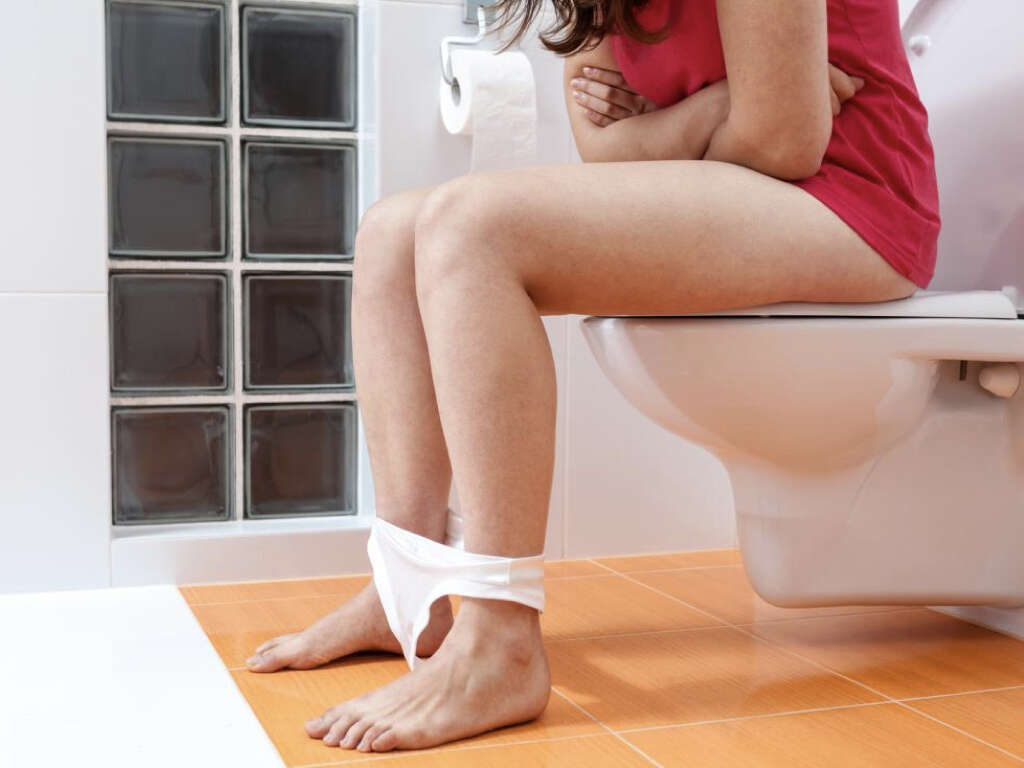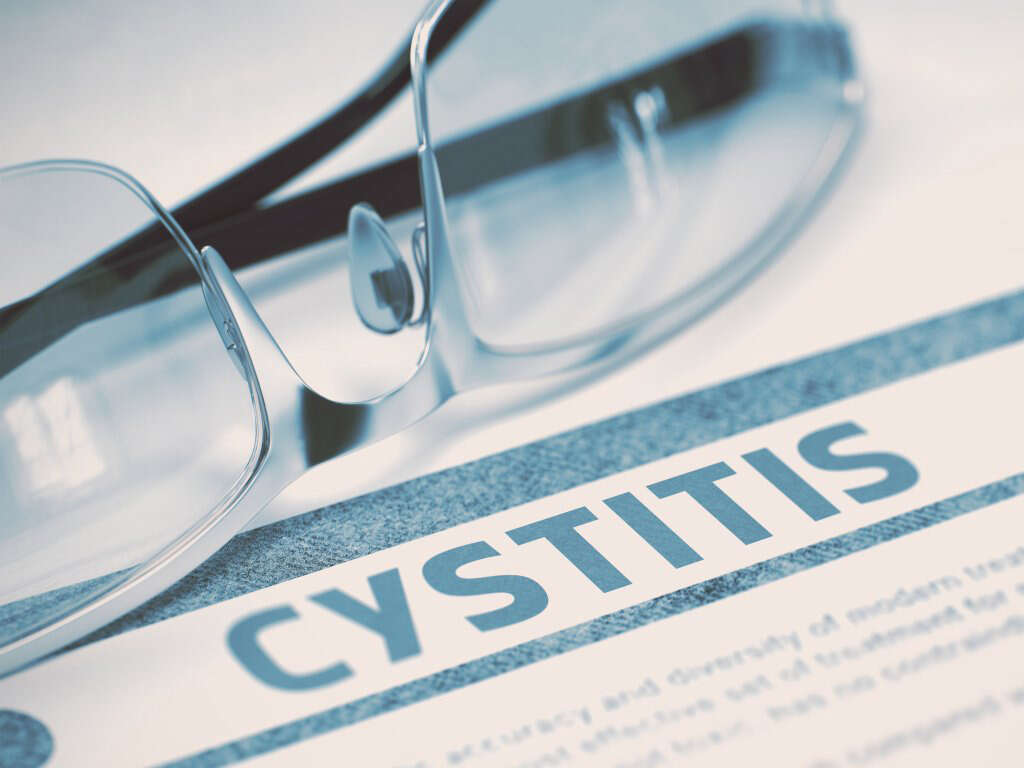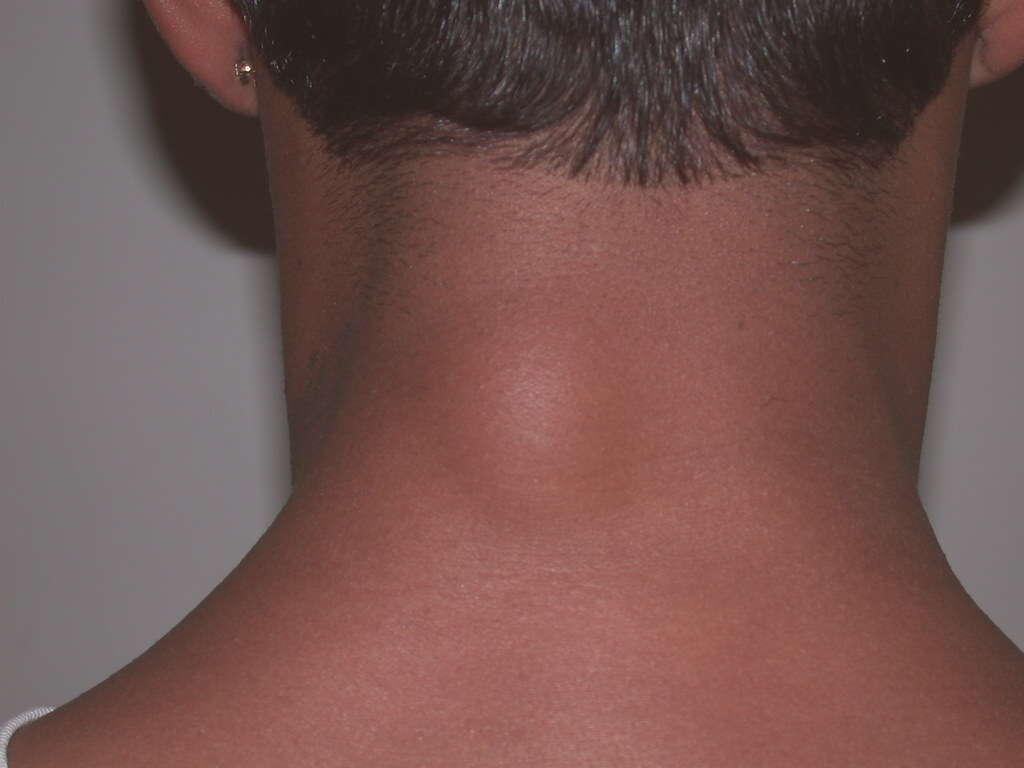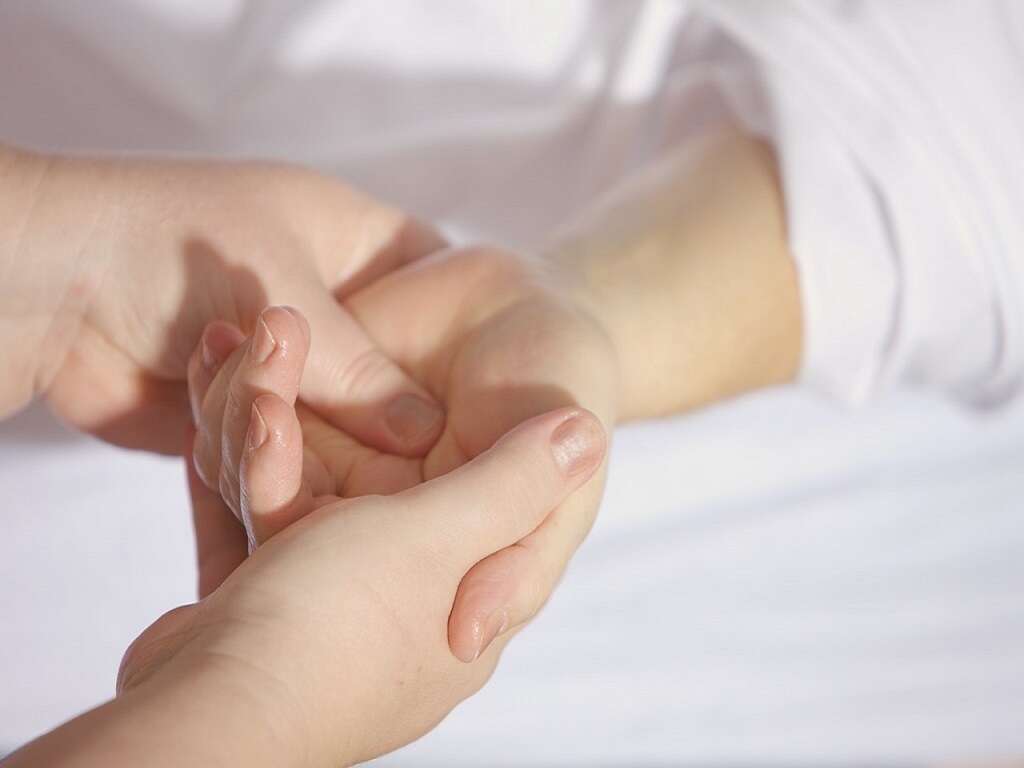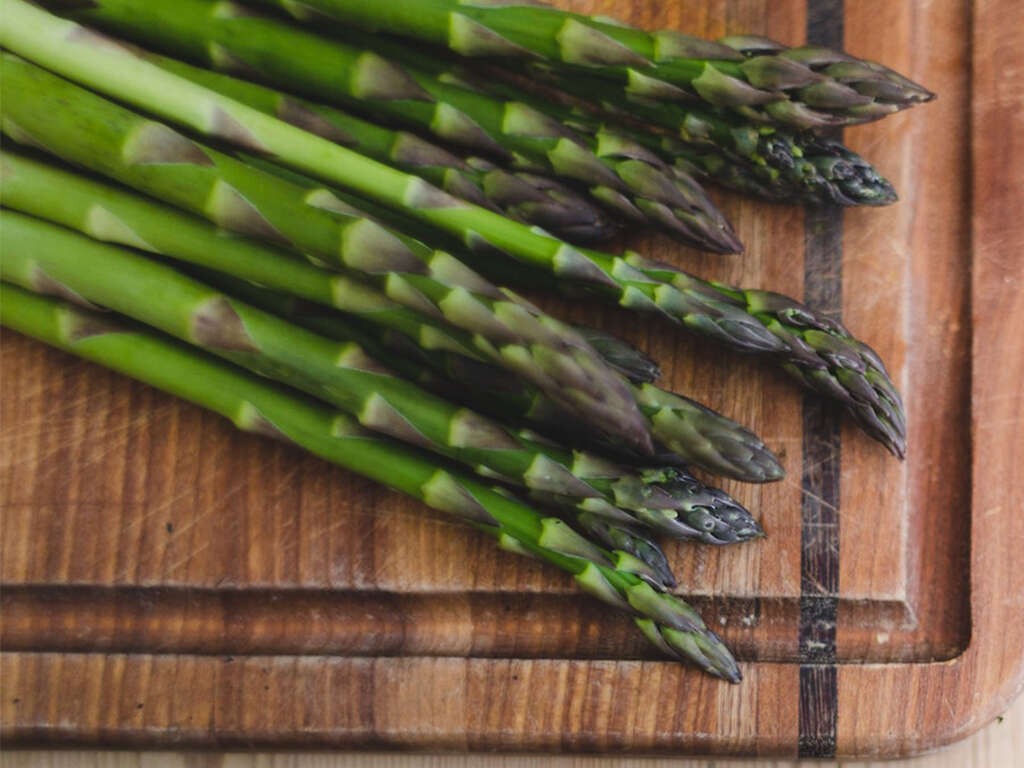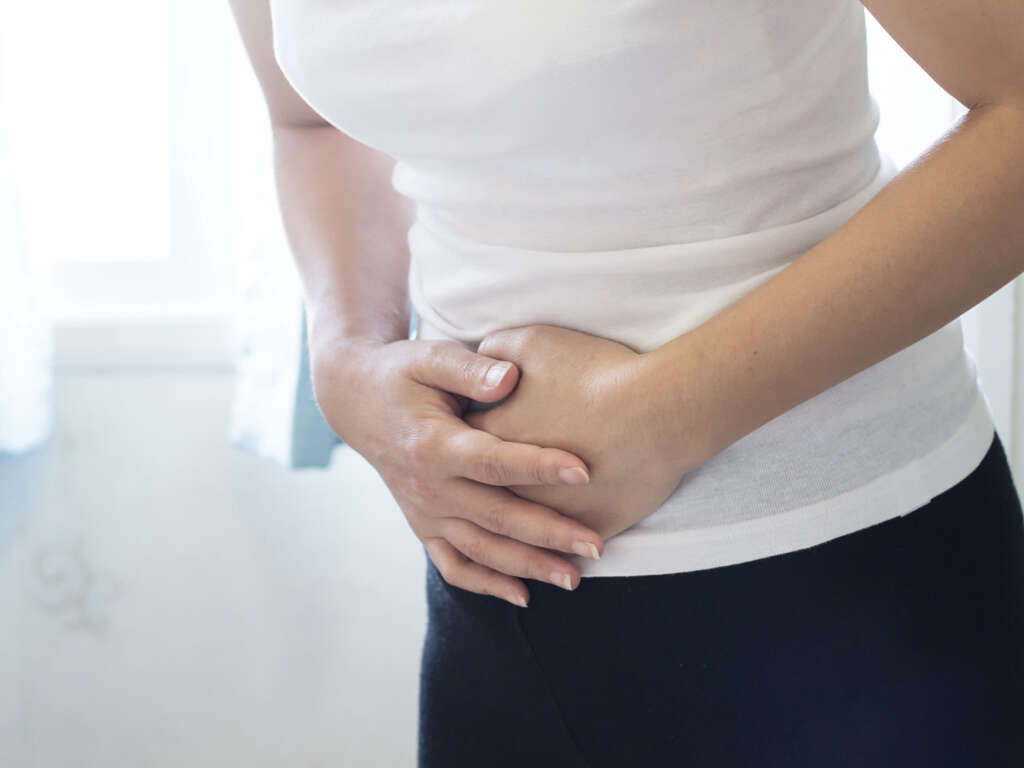10 Cystitis Symptoms
 Article Sources
Article Sources
- 1. 'Cystitis.' NHS.uk, 23 Oct. 2017, www.nhs.uk/conditions/cystitis
- 2. 'What is Interstitial Cystitis(IC)/Bladder Pain Syndrome?' Urology Care Foundation, www.urologyhealth.org/urology-a-z/i/interstitial-cystitis
- 3. 'Cystitis.' Better Health, www.betterhealth.vic.gov.au/health/conditionsandtreatments/cystitis
- 4. 'Blood in Urine (haematuria).' Nidirect, 12 Apr. 2021, www.nidirect.gov.uk/conditions/blood-urine-haematuria
- 5. 'Symptoms & Causes of Interstitial Cystitis.' National Institute of Diabetes and Digestive and Kidney Diseases, 27 July 2017, www.niddk.nih.gov/health-information/urologic-diseases/interstitial-cystitis-painful-bladder-syndrome/symptoms-causes
- 6. 'Cystitis Symptoms and Treatments.' NHS Inform, www.nhsinform.scot/illnesses-and-conditions/kidneys-bladder-and-prostate/cystitis#symptoms-of-cystitis
- 7. 'Vesicoureteral Reflux (VUR) in Infants & Young Children.' HealthyChildren.org, www.healthychildren.org/English/health-issues/conditions/genitourinary-tract/Pages/Vesicoureteral-Reflux-in-Infants-Young-Children.aspx
Cystitis, an inflammation of the bladder, is commonly caused by a bladder infection that occurs when bacteria enter the bladder via the urethra. Bacterial causes are common for urinary tract infections, particularly in women. Interstitial cystitis occurs when the bladder is constantly swollen, but no infection is present. Other causes can include radiation therapies, chemical sensitivities and drug-induced cystitis.
Symptoms of the condition can vary, both in occurrence and severity. These symptoms are typically more bothersome than harmful, although people should seek medical attention in cases of unresolved cystitis. Mild cases of the condition typically resolve by themselves within a few days.1‘Cystitis.’ NHS.uk, 23 Oct. 2017, www.nhs.uk/conditions/cystitis
Frequent Urination
Urine is stored in the bladder before being expelled through the urethra. When the bladder is inflamed, its lining becomes irritated. This increases the sensitivity of the organ, making it unable to tolerate storing as much urine as it normally would, resulting in it trying to remove urine quicker.
Research suggests that most people pass urine no more than seven times each day. An increased frequency of urination is a major cystitis symptom. It's also one of the first symptoms to occur. Frequent trips to the bathroom can be annoying and inconvenient.2‘What is Interstitial Cystitis(IC)/Bladder Pain Syndrome?’ Urology Care Foundation, www.urologyhealth.org/urology-a-z/i/interstitial-cystitis
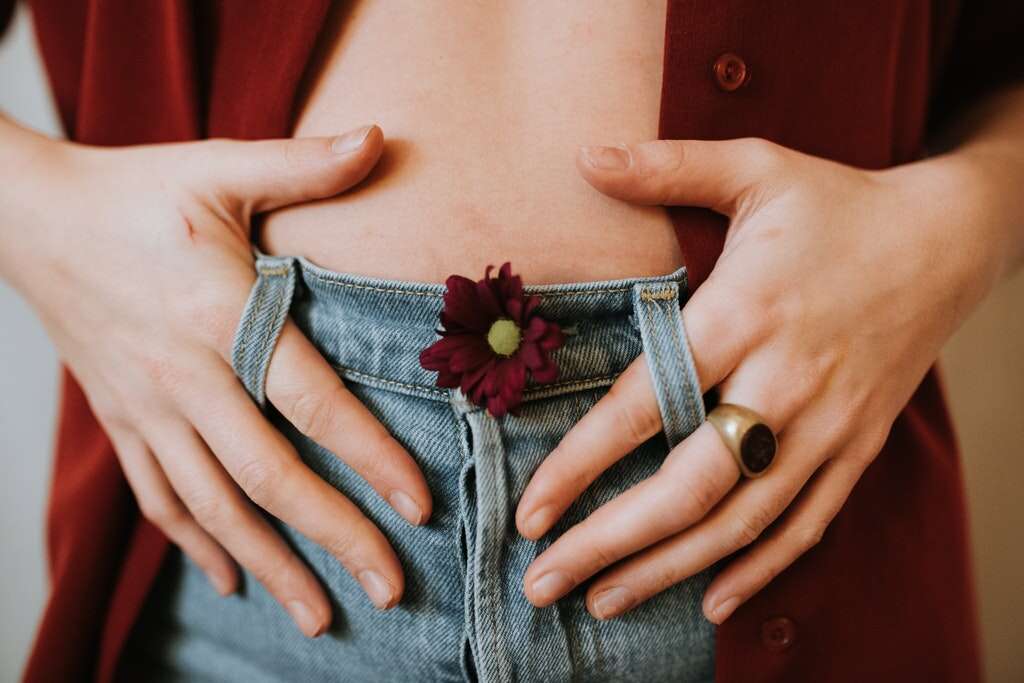
Urinary Urgency
When the bladder is inflamed, it usually can't hold as much urine. Increased bladder sensitivity generally causes faster elimination of urine. The bladder sends signals to the brain that it needs to be emptied immediately, creating an urgent feeling of needing to visit the bathroom with little warning.
It's common for people to empty their bladder and then experience a strong urge to urinate again minutes later. This can be distressing and cause people to fear being far from a restroom.

Minimal Urination
A common cystitis symptom is experiencing minimal urination, despite an increase in the urge and frequency of urination. As the bladder seeks to remain empty at all times, this may result in just a few drops of urine on each visit to the bathroom.
This symptom of cystitis can be particularly frustrating when people rush to the toilet, and a very small amount of urine is passed. When this occurs at night, it can impact a person's ability to sleep.
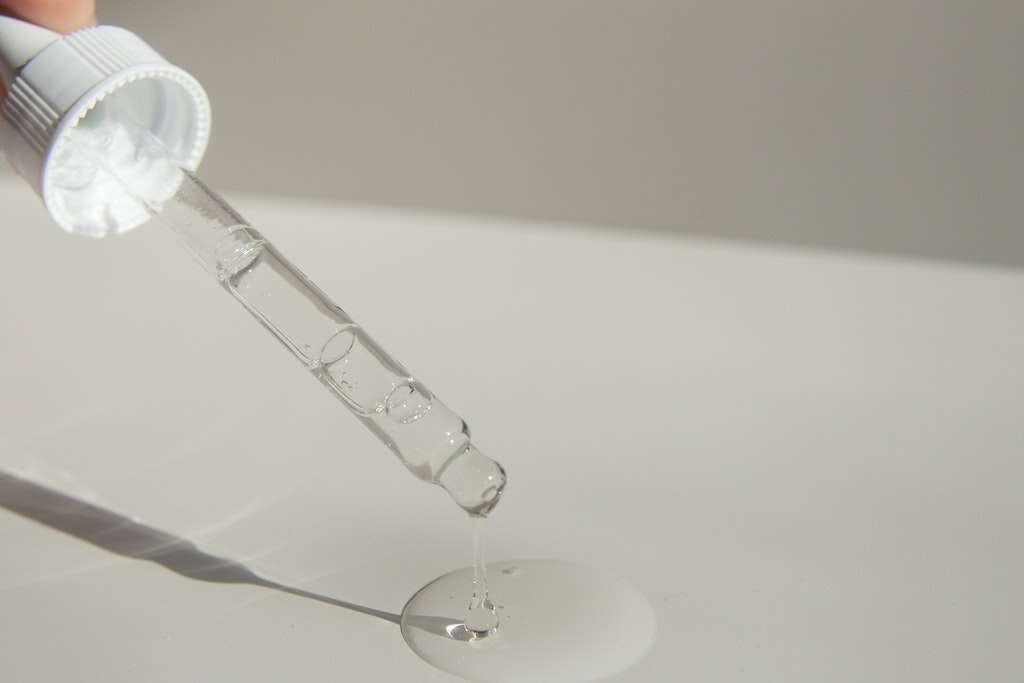
Painful Urination
Painful urination is a common cystitis symptom that occurs when bladder inflammation is caused by a bacterial infection. The infection can change the pH of the urine, resulting in pain when urinating. The pain may feel like a burning or stinging sensation.
Pain may begin as a minor abnormal sensation at the end of the urine flow, which then increases in severity. Drinking more water to dilute the urine and neutralize acid can help reduce the pain.3‘Cystitis.’ Better Health, www.betterhealth.vic.gov.au/health/conditionsandtreatments/cystitis
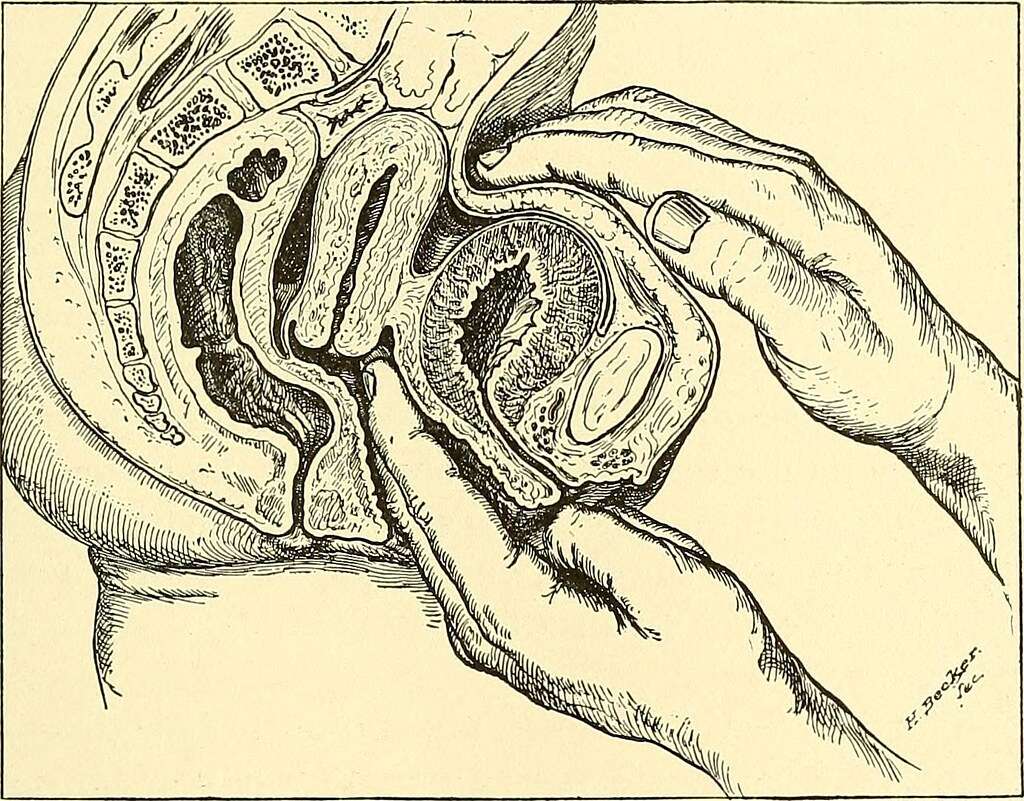
Cloudy Urine
Cloudy urine, sometimes with an unpleasant odor, can be a cystitis symptom, particularly when cystitis is caused by a urinary tract infection. Bacteria in the bladder can alter the appearance of urine, making it appear cloudy, dark or both. Urine may also appear cloudy when small traces of blood or pus are present.
Drinking plenty of water can help lessen the urine's cloudy appearance and flush bacteria out of the body.
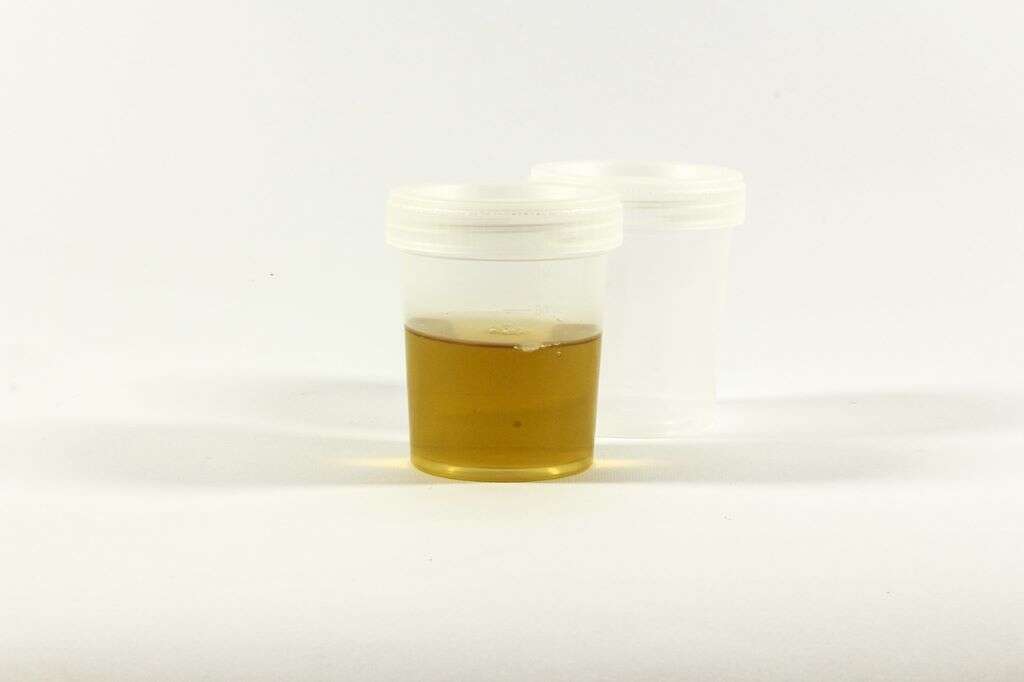
Blood in the Urine
Noticeable blood in the urine, known as hematuria, can be an indication of cystitis. Individuals should consult a doctor if they see blood in their urine, as it can be a symptom of various conditions.
Cystitis causes blood in the urine when the blood vessels in the bladder and its lining are damaged. This can happen because of a bacterial infection, but it's more common when cystitis is caused by radiation treatments or chemotherapy.4‘Blood in Urine (haematuria).’ Nidirect, 12 Apr. 2021, www.nidirect.gov.uk/conditions/blood-urine-haematuria
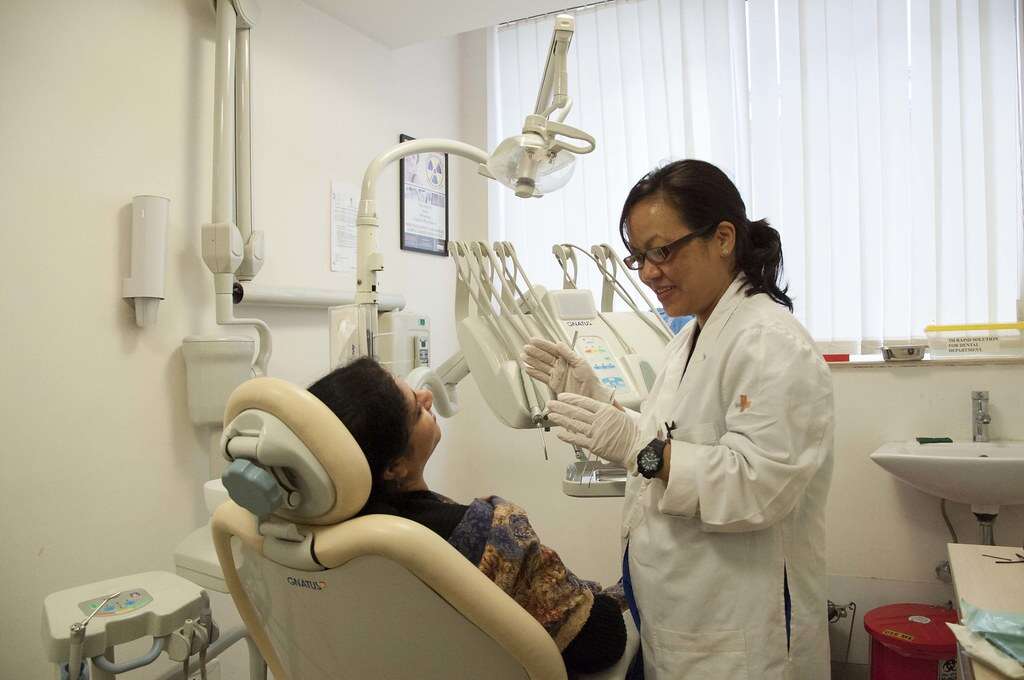
Abdominal Pain
Pain in the lower abdomen is among the common interstitial cystitis symptoms, and individuals sometimes experience an accompanying feeling of pressure. Abdominal pain may also occur when cystitis is caused by infections.
Pain may worsen as the bladder becomes fuller and subside once it's emptied. Some people also experience pain in other areas of the body, including the lower back, pelvic area and urethra. Men might experience pain in the testicles, scrotum or penis, and women may feel pain in the vagina or vulva.5‘Symptoms & Causes of Interstitial Cystitis.’ National Institute of Diabetes and Digestive and Kidney Diseases, 27 July 2017, www.niddk.nih.gov/health-information/urologic-diseases/interstitial-cystitis-painful-bladder-syndrome/symptoms-causes
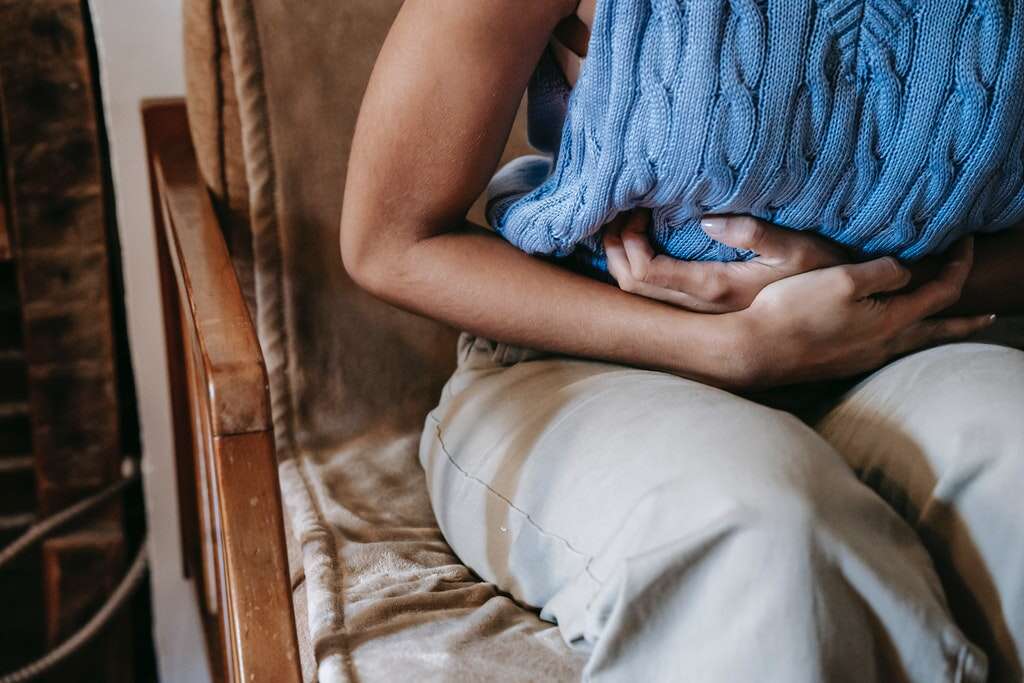
Fever
For adults, a low-grade fever can be a symptom of cystitis. If a high fever develops, it can be an indication that the infection is moving to the kidneys. Individuals who are experiencing these symptoms should consult with a medical professional.
Cystitis can cause temperatures greater than 100.4 degrees F. in children. While cystitis isn't common in children, people should seek medical advice if cystitis in a child is suspected.6‘Cystitis Symptoms and Treatments.’ NHS Inform, www.nhsinform.scot/illnesses-and-conditions/kidneys-bladder-and-prostate/cystitis#symptoms-of-cystitis
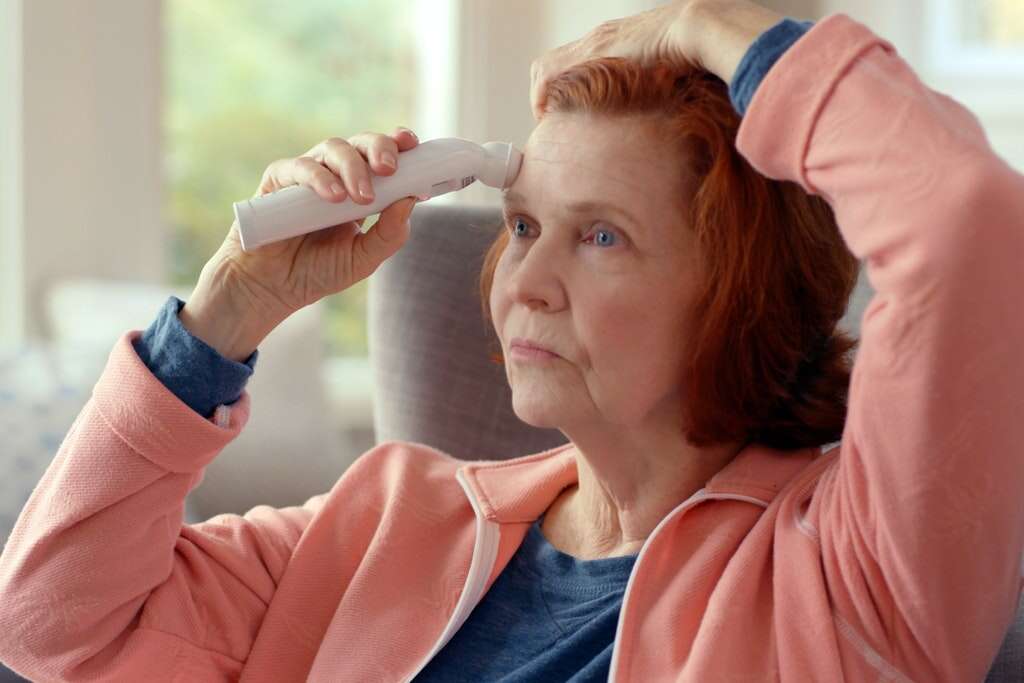
General Feeling of Illness
Some individuals with cystitis experience a general feeling of unwellness, such as tiredness, weakness, aches and pains. This collection of symptoms may be referred to as malaise. These symptoms usually aren't severe enough to interfere with daily activities, although they can make people feel uncomfortable and frustrated.
Children may experience these symptoms more intensely, which can lead to irritability and tearfulness. Younger people might also experience loss of appetite, nausea or vomiting.
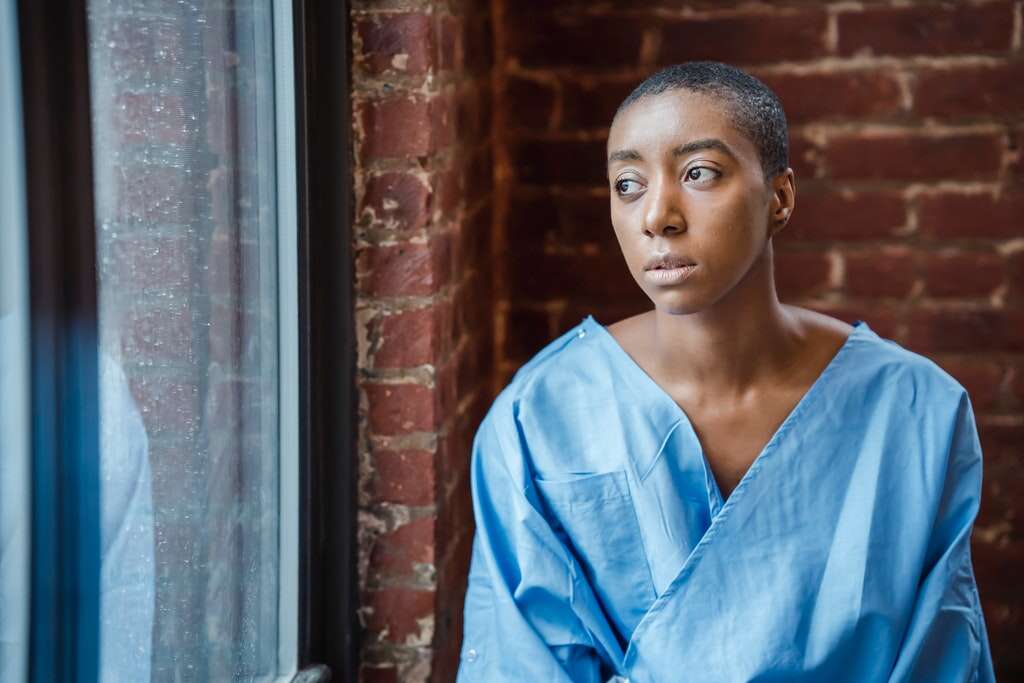
Daytime Urinary Incontinence
While wetting the bed at nighttime can happen in younger children, daytime urinary incontinence may be a symptom of cystitis in older children and adults. This may be a result of the urgency and increased frequency of urination caused by cystitis.
Cystitis in babies and children may be an indication of vesicoureteral reflux, which causes urine to flow backward in the wrong direction after entering the bladder. Research suggests that around 1 to 3 percent of children have this condition.7‘Vesicoureteral Reflux (VUR) in Infants & Young Children.’ HealthyChildren.org, www.healthychildren.org/English/health-issues/conditions/genitourinary-tract/Pages/Vesicoureteral-Reflux-in-Infants-Young-Children.aspx



